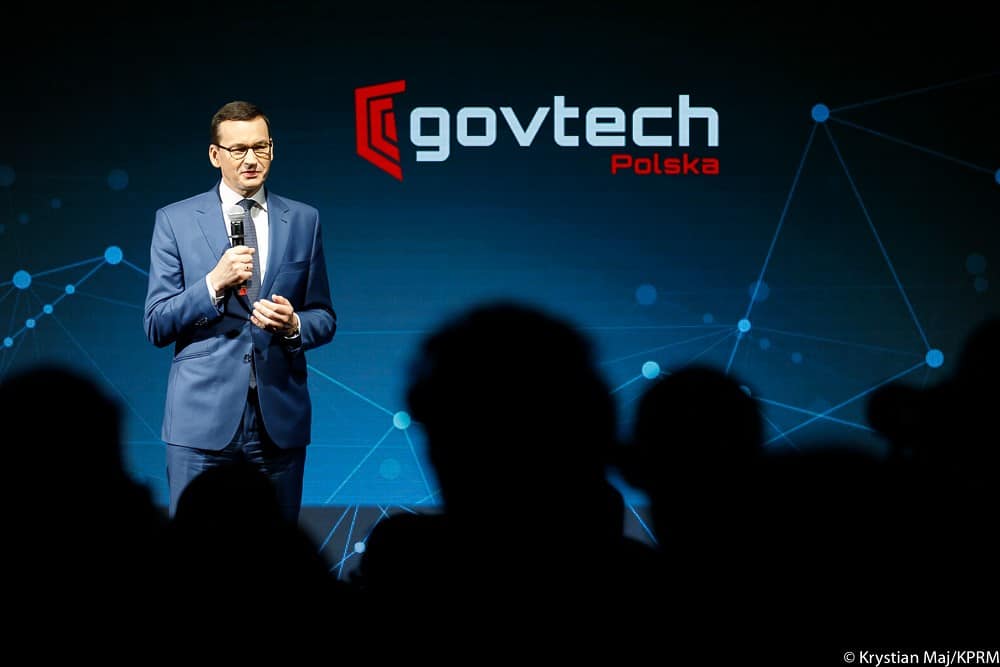At Baker Tilly Tech M&Aya os hemos hablado alguna vez de La tecnología gubernamental comúnmente conocida como «GovTechE-governance" or "E-governance" where we indicated that it is the technological infrastructure that government departments use to do their internal work or provide services to their "customers", i.e. citizens.
This transformation to digital platforms focuses on reducing time and costs in all types of administrative procedures, while also improving the veracity and certification of the information exchanged.
7 market trends in government technology. GovTech or E-governance

#1. IA: Augmented Government
Cognitive technologies can perform extremely complex tasks and have moved closer to public institutions. Applied wisely, AI can be a national asset and a source of competitive advantage. It is worth mentioning that countries such as Germany and South Korea have already invested USD 3.8 billion and USD 2 billion respectively.
#2. Digital Citizen
Digital identifiers improve citizen service quality, efficiency and entry into a digital delivery model. 24 of the 28 member countries of the EU have started to implement the "One Time Only" initiative, which is expected to save 855,000 hours for citizens and 11 billion euros for businesses annually.
#3. The cloud as a driver of innovation
Cloud computing is already a key enabler for other innovative trends. It offers opportunities for governments, especially in developing countries. In addition, the cloud offers mechanisms to connect technology developers and users, so its importance will increase in the recent future. Moreover, the global government cloud market is estimated to be $49.2 billion by 2023.
#4. Citizen experience as the focus of attention
Governments around the world are recognising the central importance of citizen experience. This view increases citizens' trust and engagement, as well as effectiveness.
#5. Innovation accelerators
Government accelerators, incubators and "labs" are part of the emerging trend. These facilities mitigate risks and allow promising solutions to be developed while avoiding institutional risk aversion. Today there are more than 125 government innovation labs around the world.
#6. Anticipatory governance and ethics
Data analysis, scenarios and simulations allow targeting likely problems before they occur, and better use of resources will result from predictive analytics.
Governments are at the centre of the debate on data ethics because of the enormous amount of data they collect and use from citizens.
